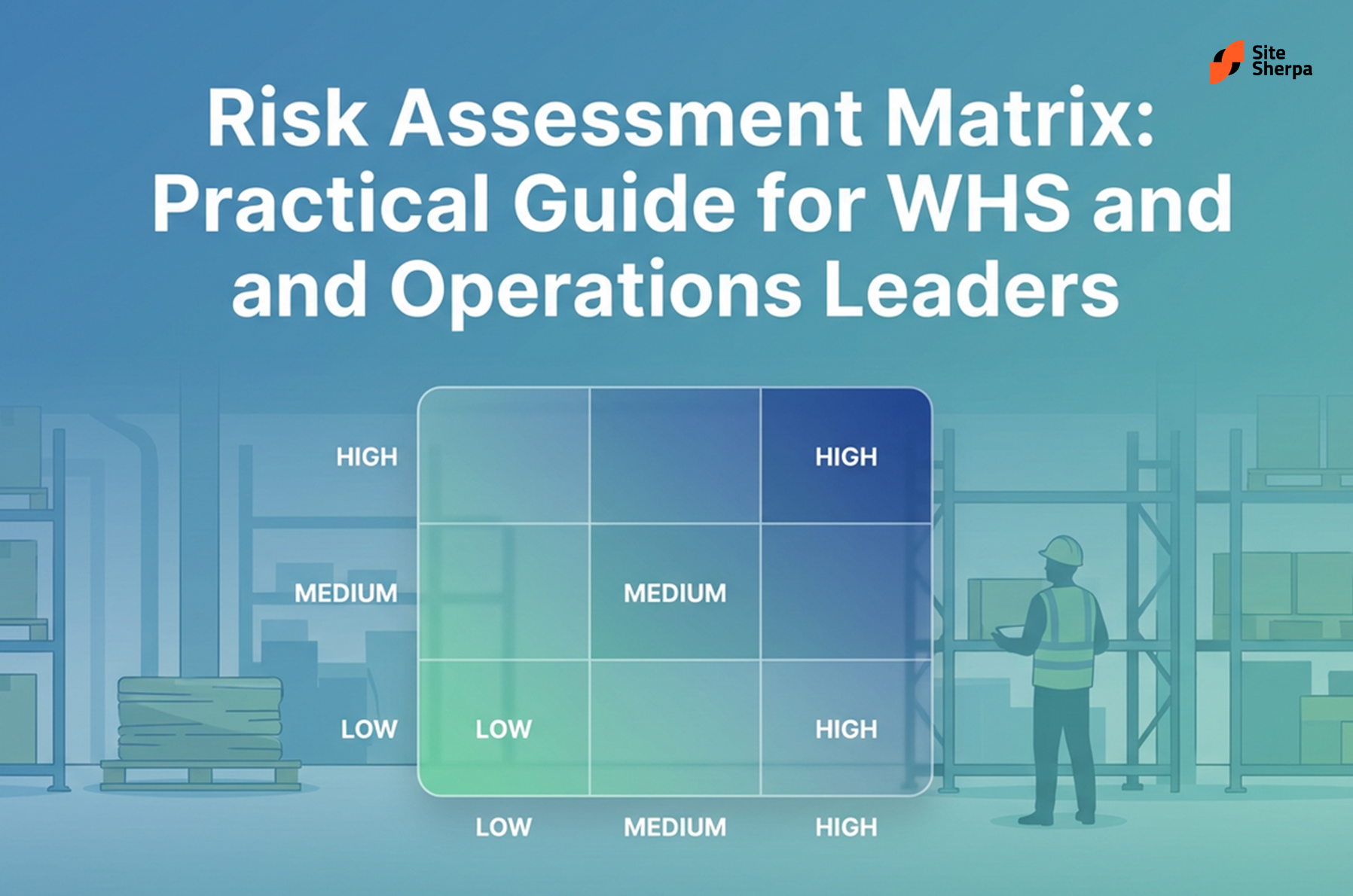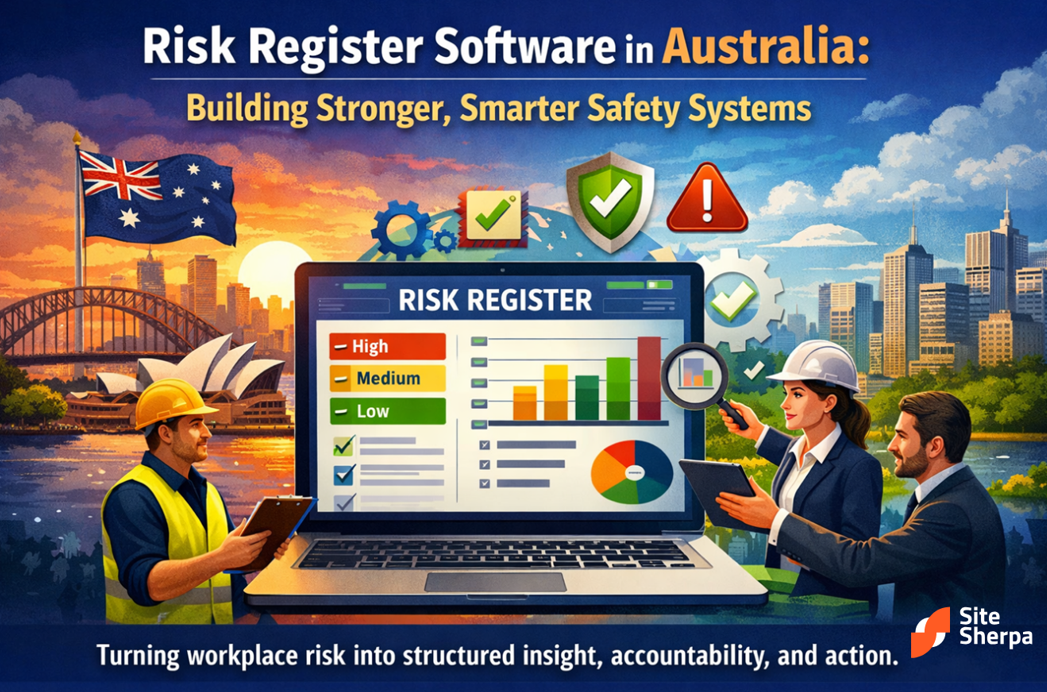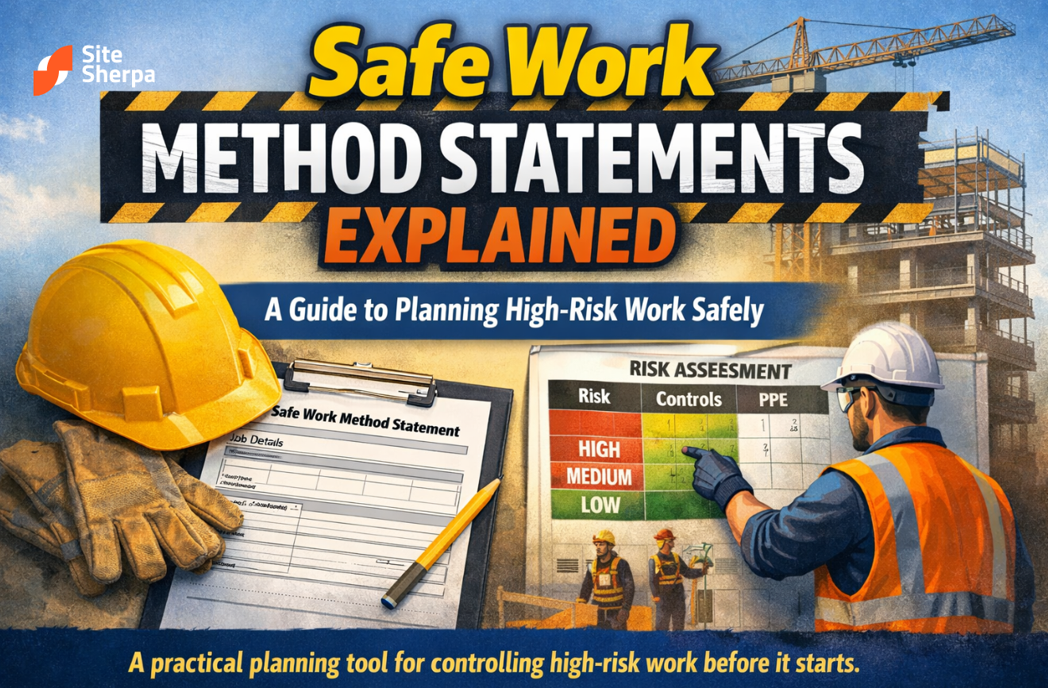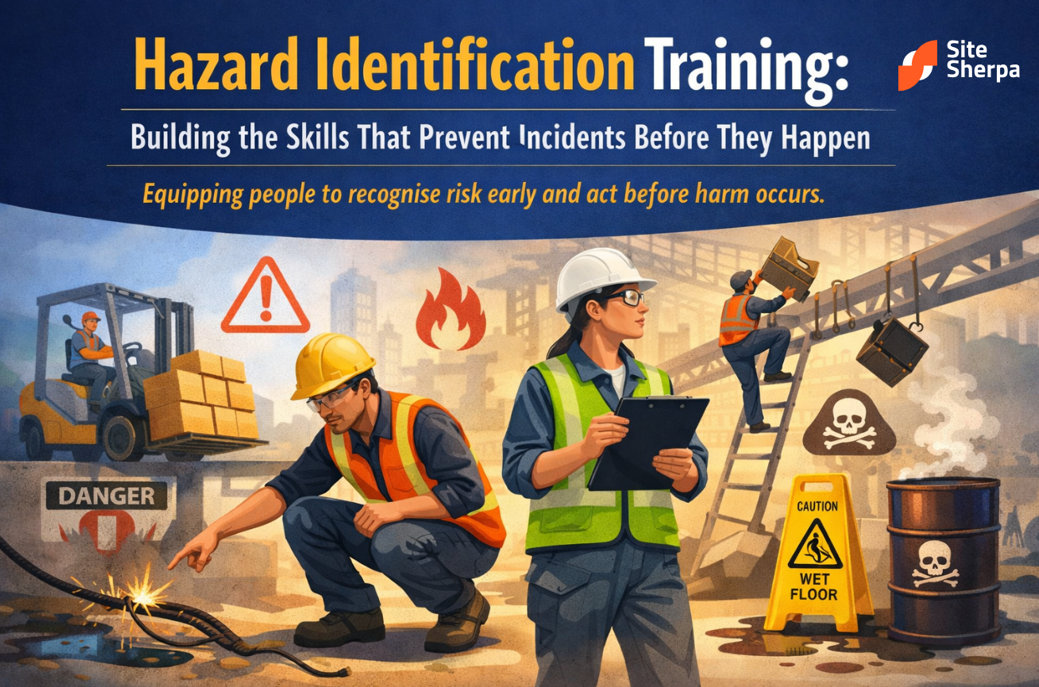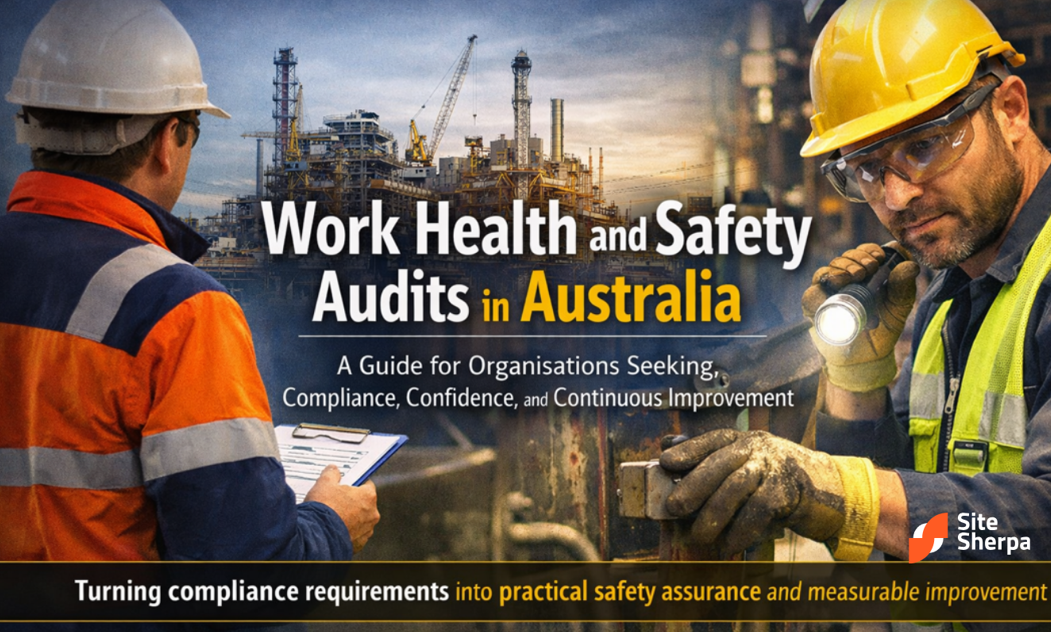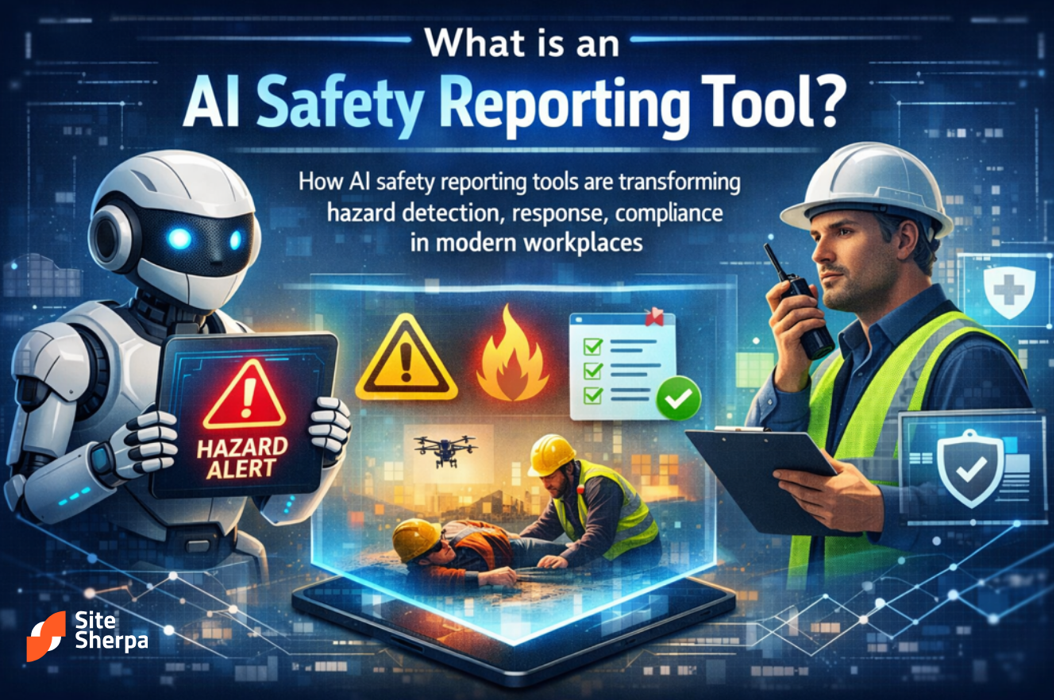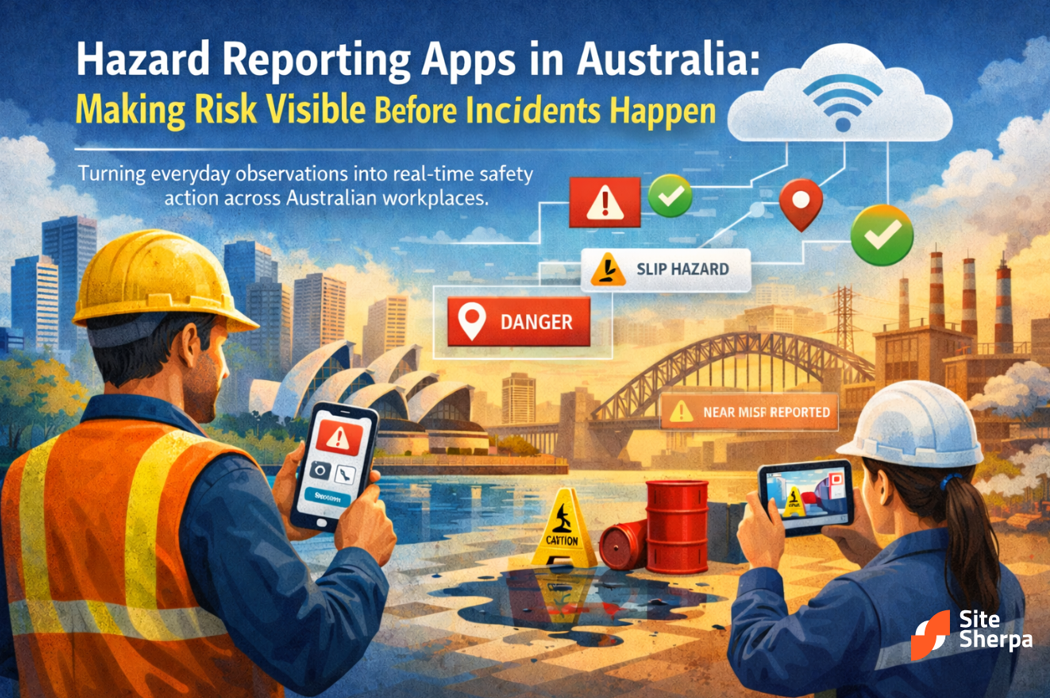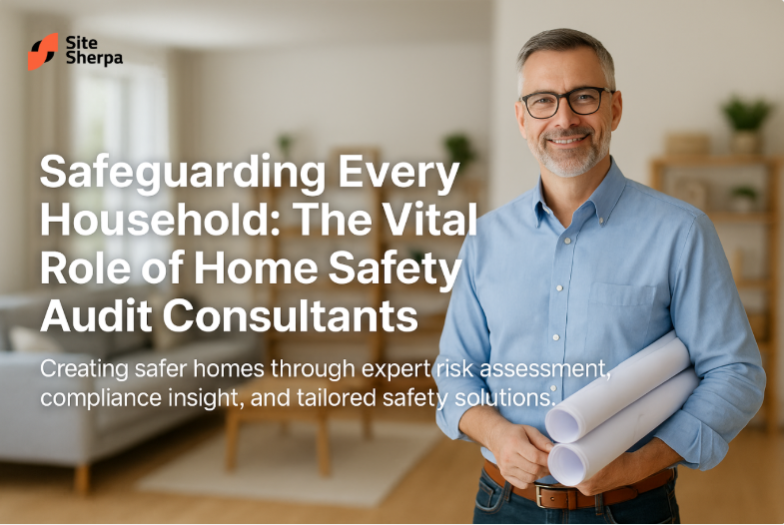Ensuring Trust from Farm to Fork: The Vital Role of Food Safety Consultants
How expert guidance keeps your food business compliant, safe, and consumer-ready
Food is one of life’s greatest pleasures, yet it is also one of its greatest responsibilities. Every meal that reaches a customer’s plate passes through countless steps: sourcing, processing, storage, packaging, and distribution. At each stage, a single lapse in hygiene or temperature control can lead to contamination, financial loss, or serious illness.
In an industry governed by strict legislation, changing consumer expectations, and intense scrutiny, food businesses cannot afford to take chances. Whether you operate a small café, a large food manufacturing plant, or a national restaurant chain, maintaining consistent standards of food safety is essential to success.
That’s why many companies turn to food safety consultants professionals who specialise in designing, auditing, and improving safety systems across the entire food supply chain. Their role goes far beyond compliance; they create the frameworks that ensure food remains safe, traceable, and trustworthy from farm to fork.
This article explores what food safety consulting involves, why it matters, the key regulations governing the industry, and how consultants can help your business thrive in one of the world’s most tightly regulated sectors.
Why Food Safety Matters
Food safety is the foundation of consumer confidence. When customers purchase food, they trust that it is free from harmful bacteria, allergens, and contaminants. A single foodborne illness outbreak can permanently damage that trust and ruin a business’s reputation.
According to the World Health Organisation, unsafe food causes nearly 600 million illnesses and 420,000 deaths globally each year. In Australia, the UK, and Europe, thousands of incidents are reported annually, often preventable through better safety practices and oversight.
Beyond public health, the financial cost of unsafe food is staggering. Product recalls, lawsuits, and lost sales can cripple even established brands. Food safety is not just an ethical responsibility; it is a business imperative.
What Do Food Safety Consultants Do?
Food safety consultants are specialists who provide expert advice, audits, and training to ensure food businesses comply with relevant regulations and best practice standards. They act as trusted partners to management teams, offering practical and strategic solutions tailored to each organisation’s size, processes, and risk profile.

Key Responsibilities Include:
- Regulatory Compliance
They interpret complex national and international laws such as the Food Standards Code (Australia/New Zealand), UK Food Safety Act 1990, or EU Regulation (EC) No 852/2004 ensuring businesses meet every requirement.
- Auditing and Certification Preparation
Consultants conduct internal audits and pre-assessment inspections to prepare businesses for third-party or government certification.
- Risk Assessments
Every facility faces unique hazards from biological contamination to equipment failure. Consultants evaluate risks and recommend effective mitigation strategies.
- Supplier Verification
They review supplier documentation and processes to ensure ingredients and materials meet food safety specifications and traceability requirements.
- Training and Competency Development
Consultants deliver hands-on training in hygiene practices, allergen management, and hazard control for employees at all levels.
- Incident Investigation and Corrective Action
When problems arise, consultants identify root causes, document findings, and implement long-term preventive measures.
- Food Safety Management Systems (FSMS) Development
Consultants design and implement comprehensive FSMS frameworks aligned with standards such as HACCP (Hazard Analysis and Critical Control Point), ISO 22000, or the BRCGS Global Food Safety Standard. These systems identify hazards, monitor critical control points, and establish corrective actions.
By combining technical knowledge with real-world experience, consultants bridge the gap between legal compliance and practical implementation.
The Regulatory Landscape of Food Safety
1. International Standards
Globally, the most recognised framework is HACCP, developed by NASA and now used by almost every food manufacturer and retailer. It provides a structured, preventive approach to managing food hazards.
Other international standards include:
- ISO 22000 – integrates HACCP principles with management system methodology.
- BRCGS (British Retail Consortium Global Standard) – widely used by major retailers and suppliers.
- SQF (Safe Quality Food) – common in export markets such as the United States.
2. Australia and New Zealand
Under the Food Standards Code, businesses must ensure food sold is safe, suitable, and correctly labelled. State and territory regulators such as NSW Food Authority or Department of Health WA enforce these laws.
3. United Kingdom
The Food Standards Agency (FSA) oversees national food safety and hygiene, while local authorities conduct inspections and issue ratings under the Food Hygiene Rating Scheme (FHRS).
4. European Union
The EU maintains a comprehensive set of regulations, including mandatory HACCP-based controls and traceability requirements for all food operators.
Staying compliant across multiple frameworks can be challenging, especially for export-focused businesses. That’s where consultants add immense value, helping to align internal systems with local and international standards.
Core Principles of Food Safety Management
Effective food safety management relies on a combination of science, discipline, and culture.

Consultants typically structure their approach around these core principles:
1. Hazard Identification
Identifying potential biological (bacteria, viruses), chemical (cleaning agents, allergens), and physical (foreign objects) hazards in every process step.
2. Risk Assessment
Determining how likely each hazard is to occur and the severity of its impact.
3. Preventive Controls
Implementing measures such as temperature control, cross-contamination prevention, and sanitation schedules.
4. Monitoring and Verification
Regularly checking that control measures are effective through temperature logs, microbiological testing, and inspections.
5. Corrective Actions
Taking immediate steps when monitoring reveals a deviation from safe limits.
6. Record Keeping
Maintaining detailed documentation to demonstrate compliance and traceability.
7. Continuous Improvement
Regular review of processes, audits, and employee feedback to refine systems over time.
Consultants apply these principles consistently to ensure food safety is embedded in daily operations rather than treated as a one-off exercise.
How Consultants Support Different Segments of the Food Industry
Food safety consulting is not a one-size-fits-all service.

Each segment of the industry has distinct requirements and challenges.
1. Food Manufacturing and Processing
Manufacturers face high-volume production, automated machinery, and complex supply chains. Consultants focus on equipment hygiene, environmental monitoring, and batch traceability.
2. Hospitality and Catering
Restaurants, hotels, and caterers must manage perishable stock, allergens, and rapid service demands. Consultants train staff, develop kitchen SOPs, and ensure temperature control in storage and service areas.
3. Retail and Supermarkets
Retailers need consistent quality across multiple outlets. Consultants standardise procedures, verify suppliers, and conduct audits to maintain uniform standards.
4. Food Transport and Logistics
Temperature control during transit is critical. Consultants evaluate cold-chain logistics, vehicle hygiene, and documentation for perishable goods.
5. Agriculture and Primary Production
Consultants advise farms on chemical usage, water quality, and biosecurity measures to meet export requirements.
6. Start-Ups and Small Businesses
New businesses often lack in-house expertise. Consultants provide cost-effective guidance on registration, facility design, and training.
From farm gate to retail shelf, consultants act as guardians of food integrity.
The Role of Technology in Modern Food Safety
The digital transformation of the food industry has created new tools to improve traceability and efficiency.

1. Digital HACCP and FSMS Platforms
Cloud-based systems allow businesses to manage hazard analysis, audits, and corrective actions online improving accessibility and reducing paperwork.
2. Blockchain Traceability
Blockchain technology enables real-time tracking of ingredients from source to shelf, providing transparency for consumers and regulators alike.
3. IoT (Internet of Things) Sensors
Smart thermometers and humidity sensors monitor conditions in storage and transport automatically, sending alerts when limits are breached.
4. Data Analytics and Predictive Modelling
Analysing historical data helps predict contamination risks or equipment failures before they happen.
5. Artificial Intelligence in Quality Control
AI-driven image recognition can identify defects or contamination on production lines faster than human inspection.
Consultants help organisations adopt and integrate these technologies effectively ensuring that digital solutions support rather than complicate compliance processes.
Training and Culture: The Human Element of Food Safety
Even the best systems rely on people to make them work. Human error remains one of the leading causes of food contamination.
Consultants recognise this and focus heavily on training and culture development.
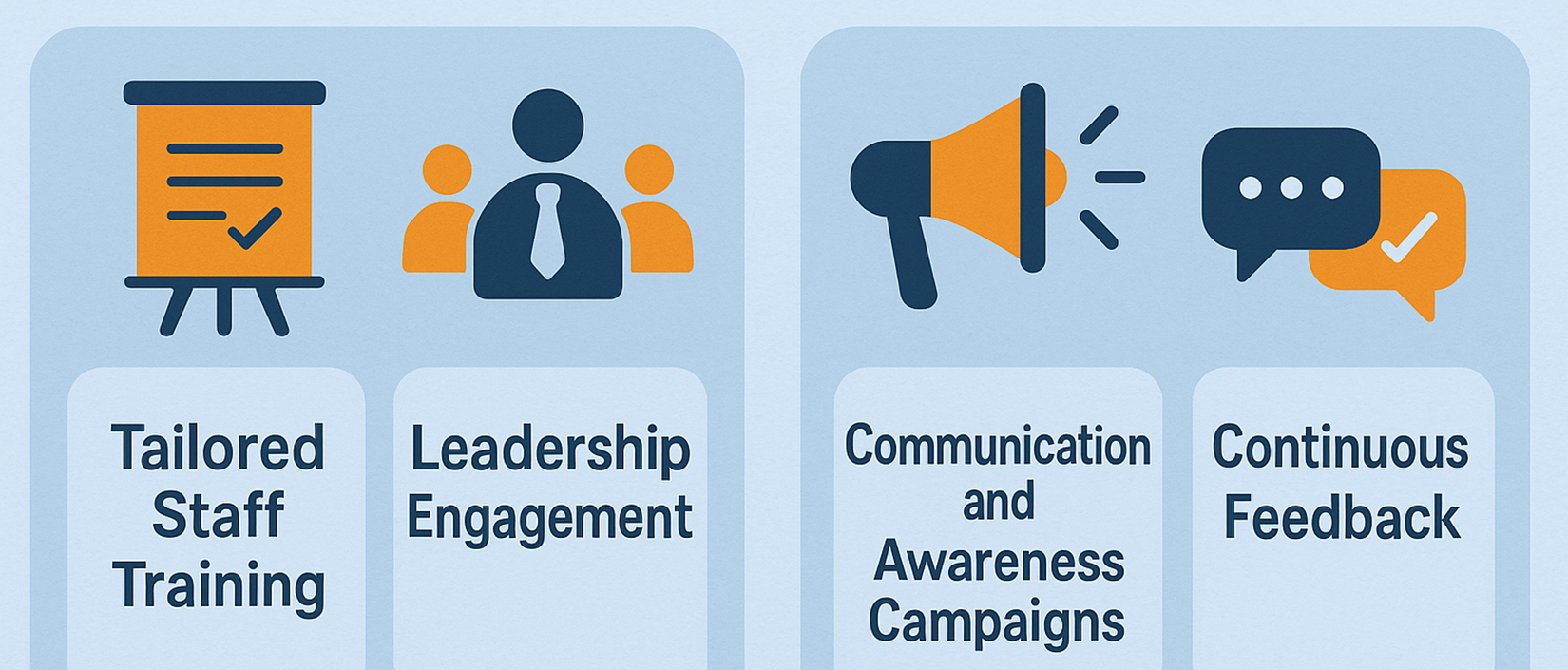
Key strategies include:
- Tailored Staff Training: Ensuring everyone understands their role in food safety, from cleaners to chefs to supervisors.
- Leadership Engagement: Managers set the tone; consultants coach leaders to model safe behaviours.
- Communication and Awareness Campaigns: Posters, checklists, and regular meetings keep safety front of mind.
- Continuous Feedback: Employees are encouraged to report hazards without fear of blame.
A positive food safety culture is one where every employee feels personally responsible for protecting customers. Consultants play a pivotal role in nurturing that culture.
Case Study: Transforming a Food Production Facility
A mid-sized ready meal manufacturer was struggling with recurring contamination issues and inconsistent audit results. Management decided to engage a consulting firm to conduct a full review.
Consultant Actions:
- Performed a gap analysis against HACCP and ISO 22000 standards.
- Re-designed workflow layout to improve separation between raw and cooked zones.
- Updated cleaning schedules and allergen management procedures.
- Delivered comprehensive staff training on cross-contamination prevention.
- Introduced digital monitoring for cold storage and product temperature checks.
Outcomes After Six Months:
- No non-conformances in external audits.
- Reduced product waste by 20%.
- Improved staff morale and engagement.
- Gained eligibility for export certification.
This case highlights how expert guidance from food safety consultants can transform a business from reactive to world-class performance.
The Business Benefits of Engaging Consultants
Working with specialists delivers advantages that go beyond compliance
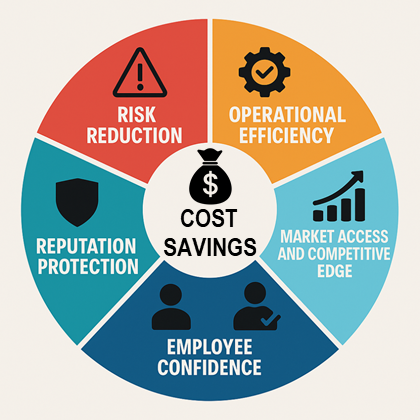
1. Risk Reduction
Proactive identification of hazards prevents costly recalls or enforcement actions.
2. Operational Efficiency
Streamlined processes save time, reduce waste, and optimise resource use.
3. Market Access and Competitive Edge
Certification under recognised standards opens doors to new customers and markets.
4. Employee Confidence
Well-trained staff perform better and experience fewer accidents or incidents.
5. Reputation Protection
Demonstrating robust food safety management builds customer loyalty and trust.
6. Cost Savings
Preventing one major contamination event can offset years of consulting fees.
In short, engaging the right consultant turns safety into a strategic advantage rather than a compliance burden.
Choosing the Right Consultant
Selecting a consultant requires careful consideration.

Look for:
- Experience in Your Sector: Whether you’re in dairy, seafood, or retail, ensure the consultant understands your industry’s unique challenges.
- Professional Accreditation: Membership in organisations such as the Australian Institute of Food Science and Technology (AIFST) or Chartered Institute of Environmental Health (CIEH) demonstrates credibility.
- Proven Track Record: Request case studies and client references.
- Practical Approach: The best consultants provide actionable, cost-effective solutions rather than generic advice.
- Communication Skills: Safety systems only succeed when people understand them — clear communication is essential.
A good consultant will become a long-term partner, continually supporting your business’s growth and adaptation.
Sustainability and the Future of Food Safety
As the food industry evolves, safety management is increasingly linked to sustainability and environmental impact.
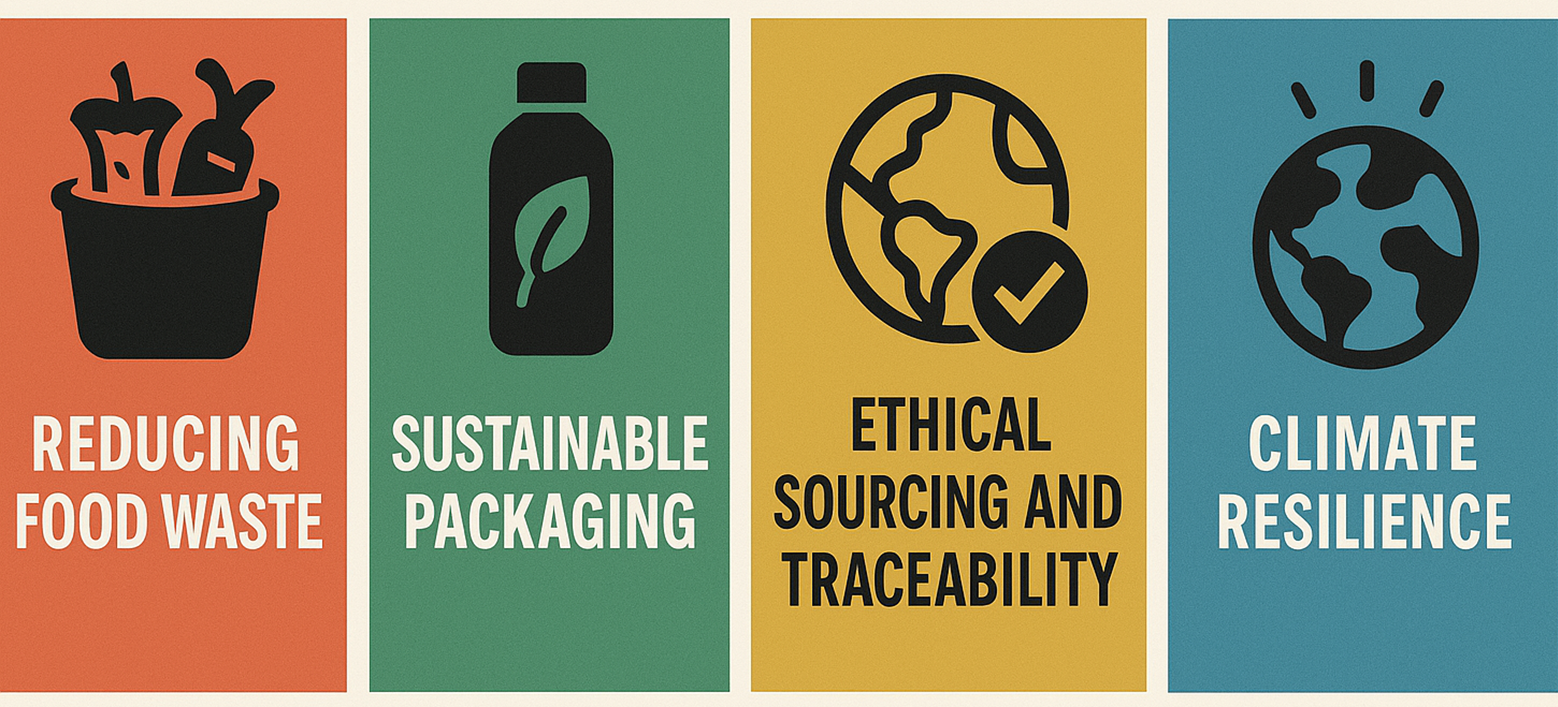
1. Reducing Food Waste
Implementing accurate date labelling and cold-chain monitoring reduces spoilage and improves efficiency.
2. Sustainable Packaging
Consultants advise on packaging materials that protect food while meeting environmental targets.
3. Ethical Sourcing and Traceability
Consumers demand transparency. Consultants help implement systems that trace ingredients back to sustainable suppliers.
4. Climate Resilience
Rising temperatures and extreme weather increase contamination risks. Consultants design adaptable systems to safeguard food integrity under changing conditions.
In the future, safety, sustainability, and social responsibility will be inseparable and consultants will be central to integrating them.
Continuous Improvement and Global Collaboration
Food safety is not a one-time achievement but an ongoing journey. Continuous improvement is achieved through regular audits, stakeholder collaboration, and international knowledge sharing.
Consultants contribute by participating in industry working groups, training networks, and conferences that shape global standards. Their insights ensure that businesses in Australia, the UK, and worldwide keep pace with innovation while maintaining uncompromising safety standards.
Conclusion
In today’s complex, fast-moving food industry, safety can never be taken for granted. From production lines to restaurant kitchens, every decision affects the wellbeing of consumers and the credibility of brands.
Engaging experienced food safety consultants gives businesses the confidence and capability to meet regulatory requirements, protect customers, and build a culture of excellence. They bring technical expertise, strategic insight, and hands-on support that empower organisations to manage risks effectively and stay ahead of change.
Food safety is more than compliance, it’s a promise. A promise to customers that every bite is safe, every product traceable, and every standard met. And with professional consultants guiding the way, that promise can be kept every single day.
Related Content
Join Our Newsletter
Receive expert insights, safety updates, and the latest updates in our services and apps. Stay ahead of workplace safety, compliance, and operational efficiency delivered straight to your inbox.

.png)
